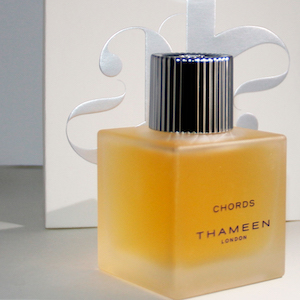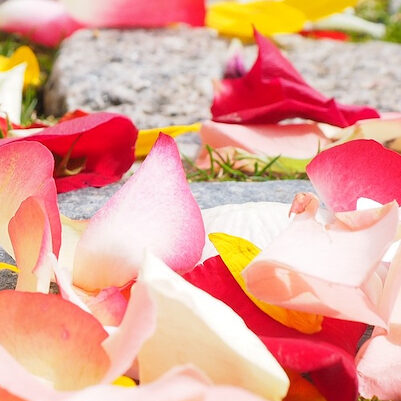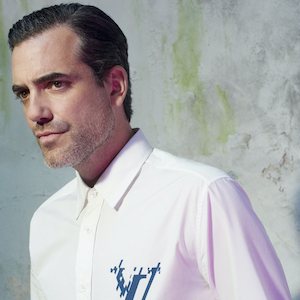Work; Rooted in the UK.
By Jo Phillips
There are certain distinctive smells we associate with certain fragrances, we may not alway know what they are but we recognise a very distinctive smell. Vertiver is one such essence; familiar to those who love perfumes such as Dior Eau Savage, Tom Ford Grey Vetiver, Cartier Declaration, Creeds Original Vertiver and I could go on… The smell is warm and dry, a ‘rootiness’ conveying earthy, woody, leather, and smoky notes, with a slight citrus dry-down.
Vetiver is primarily cultivated for its essential oil, found in its aromatic roots, with the grass used for animal feeds or even weaving of home items. The main producers are China, Haiti and Indonesia, with some 250 tons being produced annually. The best oil is obtained from roots that are 18-24 months old, these can be 3-5 metres deep and have to be dug up with an industrial digger. The roots are chopped up then washed, before they are steam distilled, which can take 24 hours to complete.
However new to the market is, all of things, British Vetiver grown here on our not so sunny shores. If fact it has turned out to be a great success story for the grower; Parterre. The perfume brand who have the working philosophy of From Seed to Bottle started to try to grow Vetiver and found it was a great success. They have had equal success with several plants including geranium.
In fact the key ingredients for all Parterre Fragrances are grown and distilled at Keyneston Mill. The skilled team oversee the production process from seeds and seedlings, through planting in the crop fields, to harvest and distillation. The intensity of fragrance is achieved through care and nurturing of the plants, and picking at the optimum moment. They have learnt what to grow and when to grow – as well as when to harvest, distill and refine.
The distillation process, a skill in itself, leads to extracts which then becomes the key notes in a final Parterre fragrance. Most, such as geranium, are harvested in the early morning and taken directly to the distillery, resulting in essential oils infused with freshness. Others, like vetiver root, are dried before distillation, a process that takes several days and produces an extract of rare depth and richness. The plants they produce uniquely for the Parterre fragrances will have a unique essence very much dictated by the weather and soil of the land in which it is planted. This would be the same for any plant grown in any specific place in the world but with say the geranium grown on the farm it has an almost minty undertone which is unique to the Parterre plant.
Once the extracts are ready, they are sent to Master Perfumer, Jacques Chabert at his laboratory in Grasse, where he, his daughters and his team incorporate the rare and unusual Parterre essential oils in their creations. Again this is a very unusual way to work with a nose, i.e. give them the raw materials to work with, and obviously them to add other oils to the original extracts from the UK to create a wonderfully balanced fragrance.
Parterre understandably can only produce limited edition runs of their three perfumes (Run of the River, Root of all goodness, A Tribute to Edith) as they can only produce a certain amount of essential oils from the seasonal crop grown. So each following season as they re-produce a fragrance it will of course be marginally different but will as a brand look to create a consistency across the fragrance season to season.
At Keyneston Mill there is an ongoing programme of event, gardens, and Café. These range from talks in perfumery and horticulture from experts and invited guests, to exhibitions and interactive workshops or botanical cocktail evenings and outdoor cinema showings. Find out more about Parterre and Keyneston Mills here
We thanks all those at UPPR and Parterre team for the images of them harvesting the next crop of vetiver in January 2018









